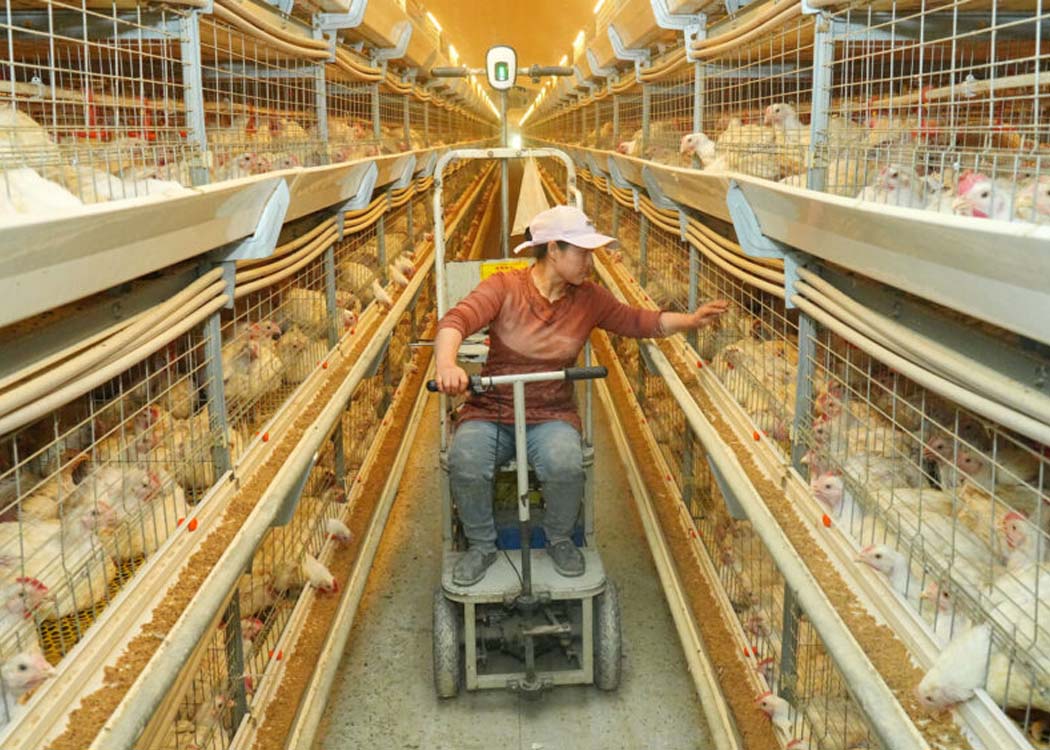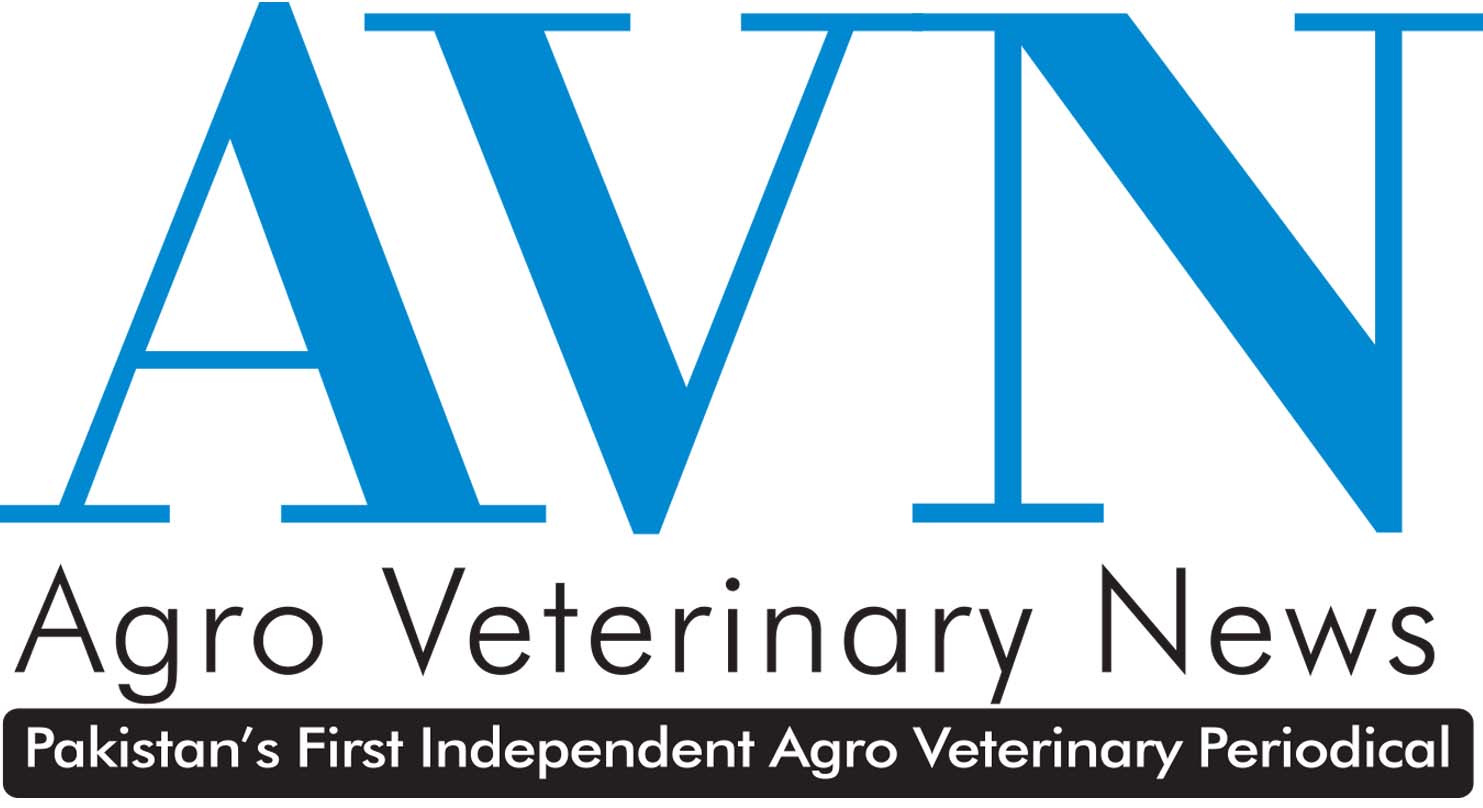At least 27 confirmed human cases reported across four provinces and territories, with health officials warning of many more unreported infections.
OTTAWA: Canadian health authorities are sounding the alarm after confirming a nationwide outbreak of Salmonella Oranienburg infections linked to dog food and treats, with at least 27 laboratory-confirmed human cases.
According to the Public Health Agency of Canada (PHAC), individuals who became ill reported handling dog kibble, dehydrated treats, or freeze-dried pet snacks before falling sick. The outbreak has impacted multiple provinces, with 13 cases in Alberta, 12 in British Columbia, 1 in Ontario, and 1 in the Northwest Territories.
So far, six people have been hospitalized, but no deaths have been reported. The patients range in age from infants to 87 years old, with nearly 60% of cases occurring in women. Reported illness onset dates range from mid-February to mid-August 2025.
PHAC emphasized that the actual number of infected individuals is likely much higher. Research shows that for every confirmed case of Salmonella, there may be 26 additional unreported cases in the community.
“More recent illnesses may continue to be reported because there is a delay between when a person becomes ill and when the case is confirmed by laboratories,” PHAC said in its public health notice.
No Single Supplier Identified Yet
Investigators have not yet traced the infections to a single brand or supplier of pet food. The investigation is ongoing as authorities work with manufacturers, retailers, and public health partners to identify the source and prevent further spread.
Global Context: Salmonella in Pet Food Products
This is not the first time pet food has been implicated in Salmonella outbreaks. Earlier this summer, US authorities detected Salmonella contamination in certain lots of Viva Raw’s raw cat and dog food, prompting a voluntary recall on August 25, 2025. No human or pet illnesses were reported at that time.
In July, the US Food and Drug Administration (FDA) warned pet owners against feeding certain batches of Darwin’s chicken and duck dog food after they tested positive for Salmonella infantis and S. hadar. While no illnesses were directly linked to those products, one sample of beef dog food tested positive for E. coli genetically tied to a child’s hospitalization.
Similarly, in April, Blue Ridge Beef voluntarily recalled kitten and puppy food products after a pet illness complaint and detection of Salmonella. No human illnesses were reported in connection with those recalls.
Public Health Advice
PHAC is advising Canadians to:
- Wash hands thoroughly after handling pet food, treats, bowls, or animals.
- Avoid cross-contamination by keeping pet feeding areas clean and separate from food preparation areas.
- Monitor for symptoms such as diarrhea, fever, stomach cramps, nausea, and vomiting — and seek medical care if symptoms persist or worsen.
This outbreak highlights the importance of food safety in pet products and the potential risk of zoonotic diseases spreading from pets to humans. PHAC continues to work with provincial health authorities, veterinarians, and food safety agencies to identify the contamination source and issue further public health updates.






